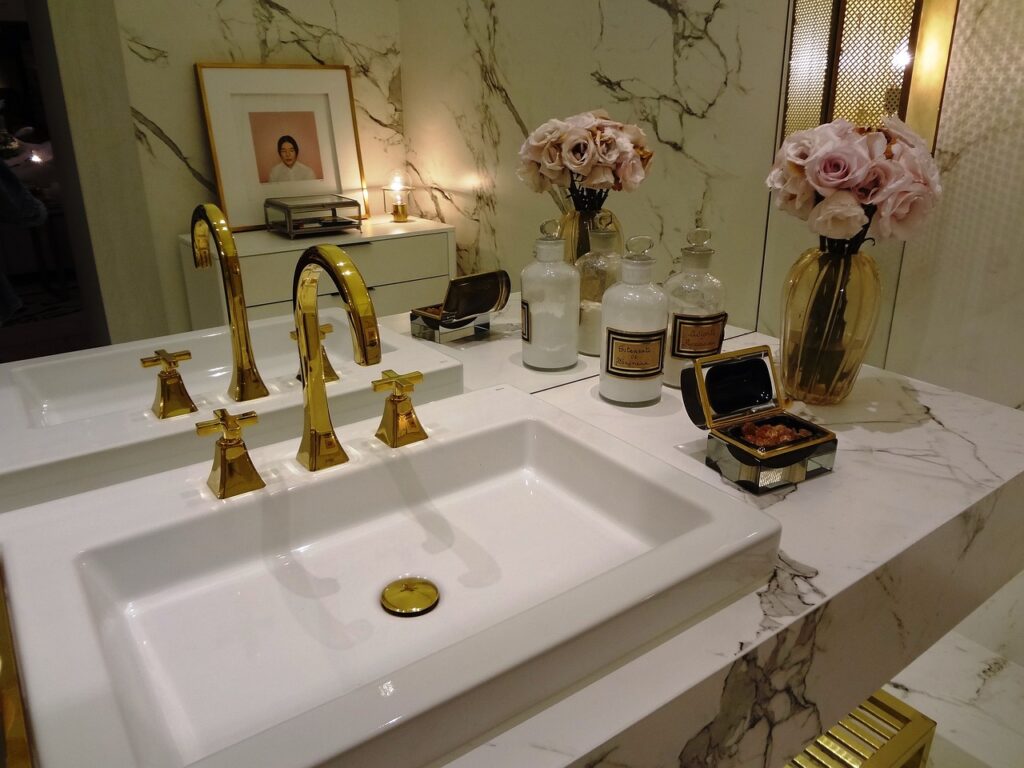Bathroom renovation contractors specialize in transforming outdated or inefficient spaces into functional and stylish bathrooms. Finding a reliable contractor is essential to ensure the project runs smoothly, meets quality standards, and stays within budget. A skilled bathroom renovation contractor combines expert planning, precise measurements, and quality craftsmanship to deliver lasting results.
Many contractors offer a full range of services, including design consultations, product selection, and installation. For larger projects, additional steps like in-store consultations and work order processing may take extra time. Reviews and ratings from previous clients can help identify trustworthy contractors in the area.
Choosing the right contractor removes much of the stress involved in bathroom renovations, especially when the contractor has proven experience and a solid track record. Understanding the scope and timeline of the project helps homeowners make informed decisions and avoid common pitfalls.
Selecting Bathroom Renovations Contractors
Choosing the right contractor involves careful evaluation of their skills, communication, and legal standing. Attention to these factors helps avoid delays, added costs, and subpar workmanship.
Qualities to Look For in a Contractor
A reliable bathroom renovation contractor should demonstrate proven experience in bathroom-specific projects. This includes familiarity with plumbing, waterproofing, and tile-setting standards.
Good communication skills are essential. The contractor must clearly explain timelines, costs, and any potential issues. Punctuality and respect for the client’s property also reflect professionalism.
Look for contractors who provide detailed written estimates and contracts. Transparency in pricing and willingness to answer questions show accountability.
Questions to Ask During Consultations
Ask about the contractor’s experience with projects matching the size and style of the desired renovation. Request examples or references from past clients.
Inquire about the timeline for the project, including start and completion dates. Understanding their schedule helps align expectations.
Discuss how the contractor handles unexpected problems, such as hidden damage or delays. Clear policies on changes and added costs are important.
Request information on who will supervise the work daily and how subcontractors are managed.
Verifying Credentials and Licenses
Always verify the contractor’s license status with the local licensing board. An active, valid license ensures compliance with regional construction codes.
Check if the contractor carries liability insurance and workers’ compensation. These protect the homeowner from financial risk during the project.
Ask for proof of insurance and confirm coverage limits. Also, review any certifications related to bathroom remodeling, such as specialized trade qualifications.
Lastly, consult online reviews and check for any unresolved complaints with consumer protection agencies.
Planning and Managing Your Bathroom Renovation
Effective bathroom renovation management requires clear budget planning, realistic timelines, and informed design choices. Balancing these elements helps avoid delays, unexpected costs, and design issues.
Setting a Realistic Budget
Budgeting should cover all phases of renovation, including materials, labor, permits, and contingencies for unexpected expenses. It is essential to research the average costs of fixtures, tiles, cabinetry, and labor rates in the local market.
Allocating funds for high-quality plumbing and waterproofing ensures long-term durability. A common recommendation is to reserve about 10-20% of the total budget for unexpected repairs or changes.
Contractors should provide detailed estimates breaking down costs by item and labor. This transparency helps prevent overspending and supports better financial control throughout the project.
Timeline Expectations
Renovation timelines typically range from two to six weeks, depending on the project scope. Demolition and plumbing can take several days, followed by installation of electrical systems, tiling, and fixtures.
Delays often occur due to unforeseen structural issues or supply chain disruptions. Scheduling regular communication with contractors helps identify problems early and adjust timelines where necessary.
Permits and inspections may add time but cannot be skipped without risking compliance issues. Clear, realistic timelines contribute to efficient project management and reduce stress during renovations.
Common Design Considerations
Design choices must align with bathroom size, functionality, and style preferences. Selecting fixtures and storage solutions that optimize space is crucial for smaller bathrooms.
Lighting, ventilation, and waterproof materials affect both comfort and maintenance. Energy-efficient fixtures and low-maintenance surfaces can reduce long-term costs.
Contractors can guide on compliance with local building codes and recommend designs that balance aesthetics with practicality. Thoughtful design planning enhances usability and resale value.


